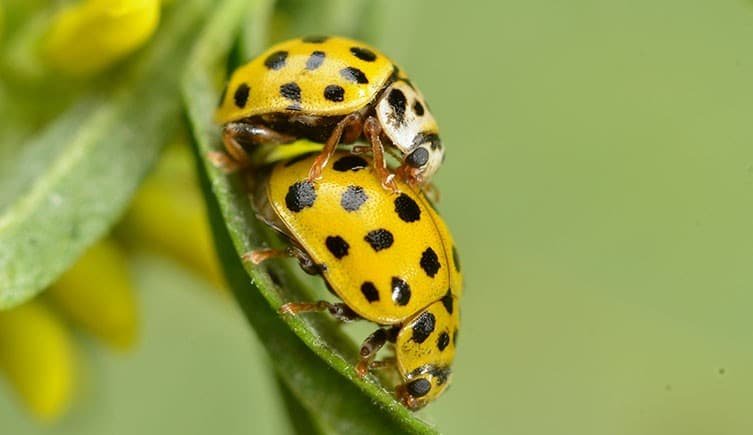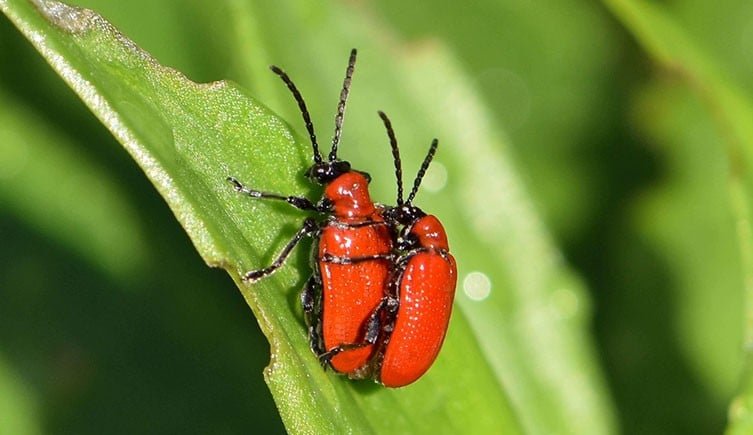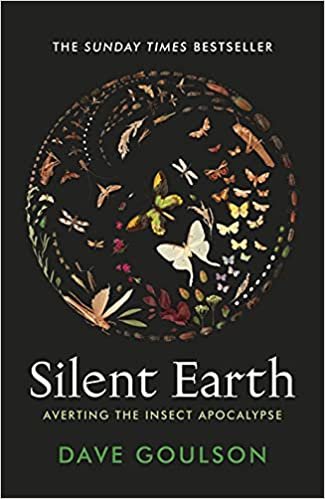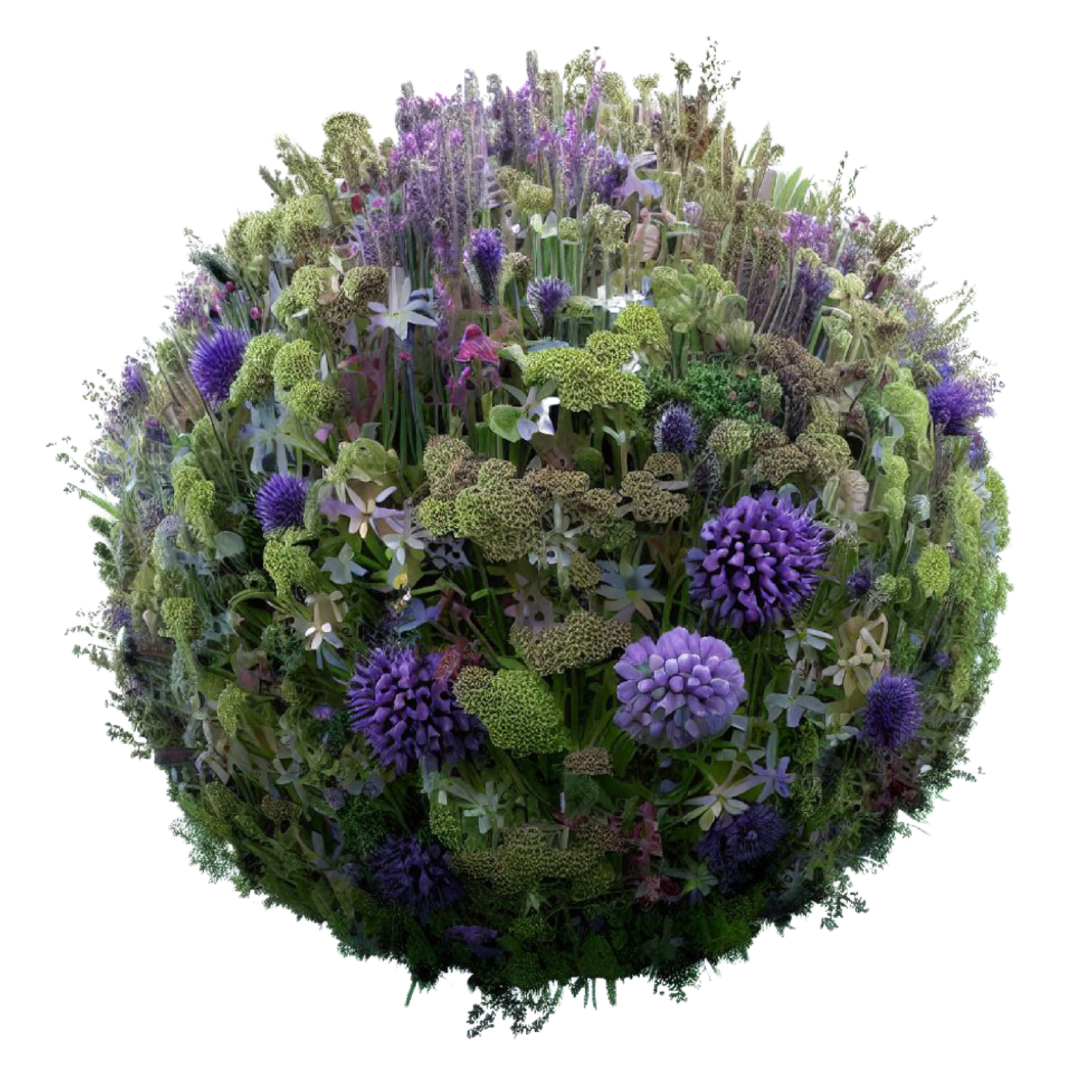The frightening thing is that we may not be aware of how devastating the decline in insects has been over the last 100 years.
Insects were the first things to fly and sing. Pre-dinosaurs the planet was swarming with them with no other living things. There were dragonflies with a two foot wingspan, giant cockroaches and monster millipedes, amongst others.
Even 100 years ago insect life was remarkably different than it is today. Dave Goulson, author of numerous books on insects, explained in a lecture I attended, that our grandparents view of their six-legged friends would have been exponentially different than what we see today. The frightening thing is that most studies monitoring what’s happening only started 30 or 40 years ago. That means the base-level numbers being counted were already severely depleted.
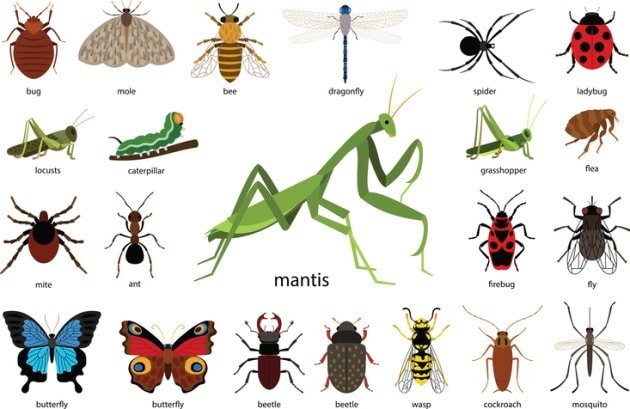

Dave pointed out that we are like the smiling lady with the fish. In the 1950s the fish being held was dramatically bigger than today. But although the fish have got smaller the smiles stay the same because it is being compared with others caught on the same day, rather than those caught in previous years or decades.
However, the statistics on insect decline are stark. One German study, for example, found that insect weight had decreased by a staggering 76% since 1990. Gosh. Butterflies, in the UK, he says, have halved since 1976. This is happening on our watch and we appear to be doing almost nothing about it.
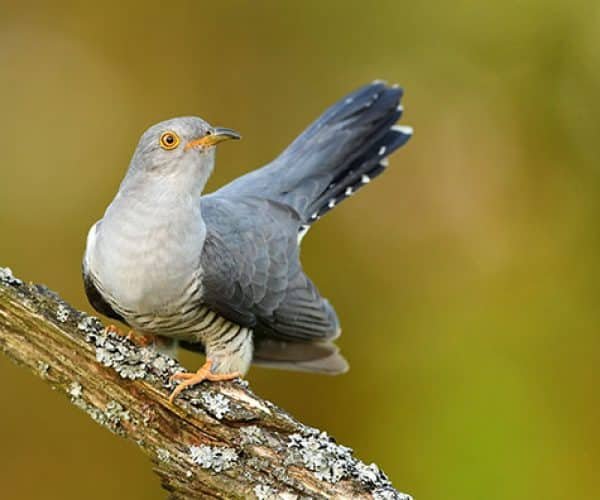
Remember that insects are a vital ingredient in the web of life. They are food for birds and fish, which are, of course, in decline too. Cuckoos for example – when did you last hear a cuckoo – have declined by 77% since 1966. I remember their distinctive call being incredibly common when I was a child.
A passage from Dave Goulson’s ‘Silent Earth – Averting the Insect Apocalypse’.
“I have been haunted by the knowledge that these creatures are in decline. It is fifty years since I first collected those caterpillars in the school playground, and every year that has passed since there have been slightly fewer butterflies, fewer bumblebees – fewer of almost all the myriad of little beasts that make the world go round. These fascinating and beautiful creatures are disappearing, ant by ant, bee by bee, day by day.”
Of course, not everybody is an insect fan. There are many who may not delight in the glistening colours of beetles, appreciate the fascinating life in a termite colony or revel in watching dung beetles, leaf cutter ants or bumble bees. Even if these joys elude you, you may mourn their loss in terms of the vital role they play in sustaining life on earth – including human life.
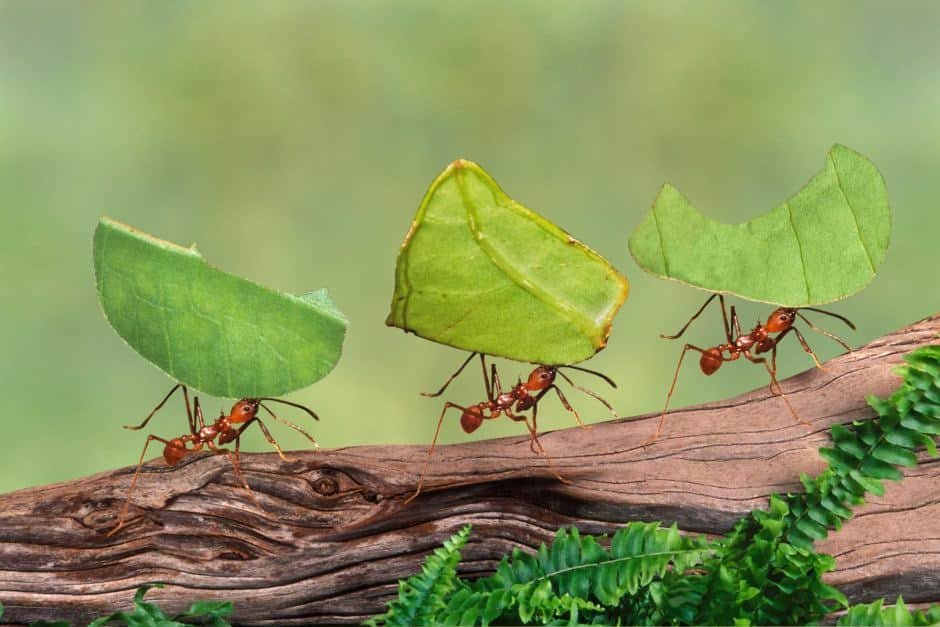
Globally, 87% of all plant species need pollinating by an animal or insect. Without pollinators there would not be enough food. No coffee, chocolate, tomatoes, beans, apples, plums and numerous other crops. Many insect species are also key to maintaining healthy soils, recycling detritus and distributing seeds. It’s actually frightening to think of the impact of what we are doing…
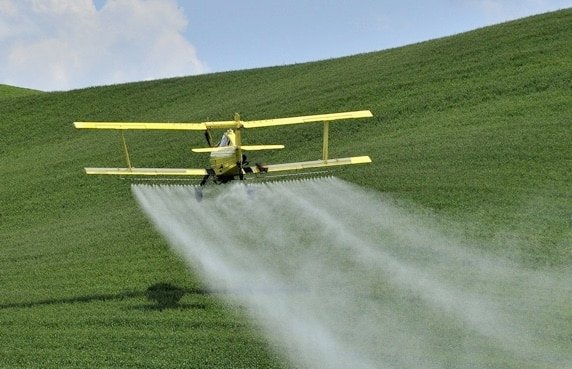
And yet. We are still poisoning the world with pesticides – their use is actually increasing. We even use planes to spray vast areas of toxic chemical to drift in the wind. How mad is that? Monoculture agriculture is considered essential for producing the food needed for expanding populations. But is it? Could it be that the mass destruction of forests and biodiverse landscapes being replaced by a one single crop with no predators could be one of the worst ideas conceived by man? I think so.
OK, so rather than go on about other human impacts on insects decline, let’s look at what we can do to reverse the trend. In my own small way, I’ve started in my Dorset home with a wilding project. We’ve planted wildflower meadows, massively reduced mowing and created insect-friendly habitats. It’s actually rather surprising that in just over a year there’s a visible difference. More grasshoppers and other flying friends and correspondingly more birds too.

Wilding in Dorset
Dave Goulson has a whole chapter on what we can do to promote greening urban areas, transforming our food systems, changing farming practices as well as improving protection of rare insects and habitats.
What he makes clear is that an insect Apocalypse is already happening and if we don’t do anything about it, we will suffer the consequences. Less insects mean less birds, less food, less diversity and is a big step towards no life on a dead planet. Help.

